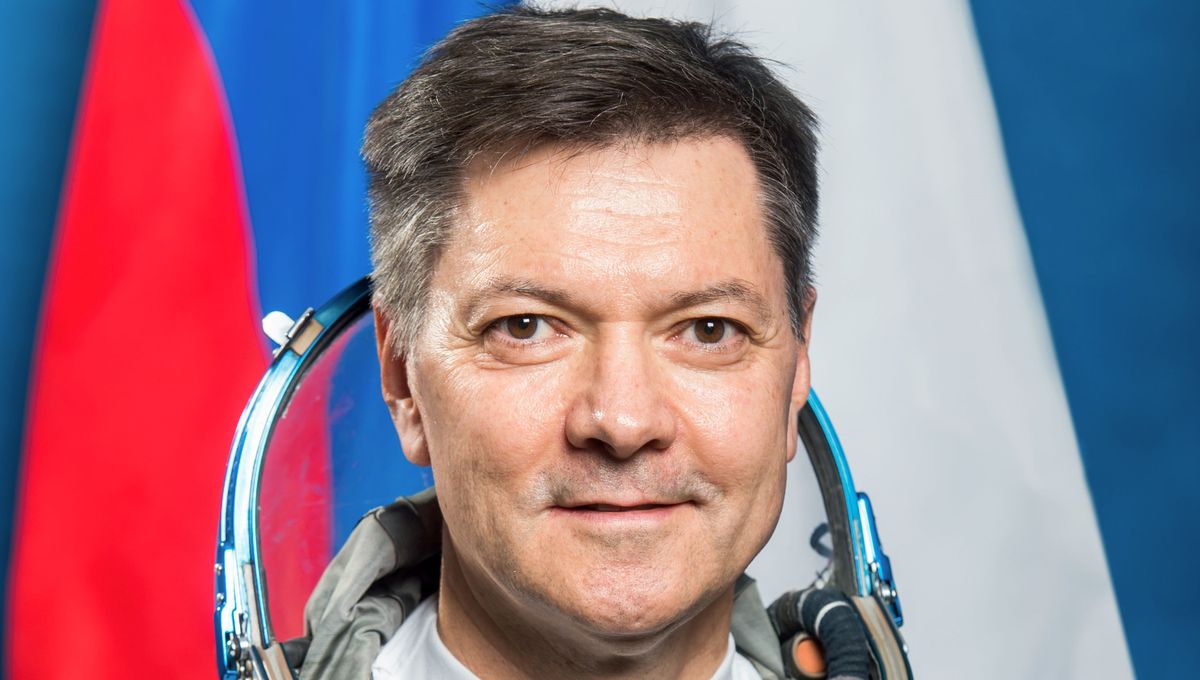
On June 5, Russian cosmonaut Oleg Kononenko became the first human to have spent 1,000 days in orbit. The space traveler had already beaten the record of longest time spent beyond Earth back in February, surpassing the record of his countryman Gennady Padalka who was in space for 878 days, 11 hours, 29 minutes, and 48 seconds.
Neither of the cosmonauts achieved it in a single mission, but rather five. However, Kononenko had longer missions – and in fact, he will clock many more days in the future, pushing his record even further. Everything going well, he is scheduled to leave the International Space Station on September 23. That will bring his record to a total of 1,110 days, or about 3 years.
“There’s this awareness that you have achieved something new and important, that you’ve overcome a certain milestone, touched the unknown,” Kononenko told Russian state news agency TASS, as reported by Associated Press. “It gives you confidence, and pride in the work you’ve done.”
When it comes to cumulative stays in orbit, astronauts are not even close to the cosmonaut’s record. American astronaut Peggy Whitson holds the NASA record for cumulative time with 665 days in space.
For the longest continuous stay, again the cosmonauts are ahead. Valeri Polyakov was on the space station Mir for 437 days and 18 hours (that’s more than 14 months) back in the mid-1990s. On the NASA side, the longest duration was actually accidental. Frank Rubio was left up on the station for longer than expected due to a spacecraft problem. He was there for 371 days, which he achieved last September.
Staying in space for such a long time affects the human body significantly.
Humans are not suited for microgravity. There are a lot of weird (and in some cases disgusting) things that happen to your body in space. As soon as you get to space, fluids like blood move towards your head, which is annoying at first but then sort of balances in a worrying way. You also lose blood cells. You lose muscle and bone density, so astronauts tend to spend a lot of time in the gym.
Hey, anemia and muscular atrophy aside, you will lose all the calluses on your feet, so they will be all nice and smooth as you had them when you were a baby.
Source Link: Russian Cosmonaut Becomes First Person To Spend 1,000 Days In Space